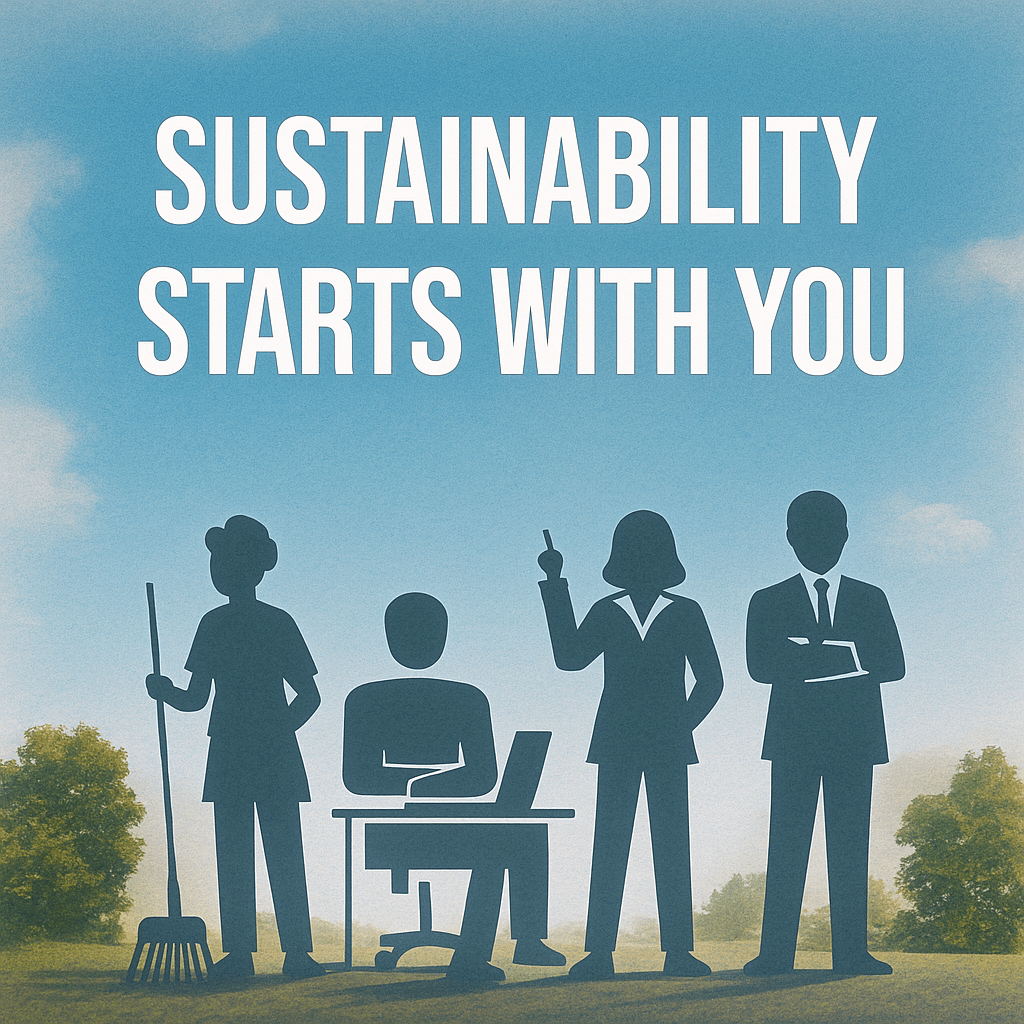Verification of Sustainability Reports:
From greenwashing risk to investor trust
Introduction
As sustainability reporting becomes the norm, so does the risk of misinformation. Around the world, investors and regulators are increasingly wary of greenwashing when companies exaggerate their sustainability achievements. Many sustainability reports and ESG datasets contain inaccuracies, incomplete data, or selective disclosure. This erodes trust, undermines market integrity, and ultimately raises the cost of capital for companies.
Verification and assurance of sustainability reports have therefore moved from being a “nice-to-have” to a strategic necessity. Companies that can demonstrate independent validation of their data and disclosures are earning the confidence of investors, lenders, customers, and other stakeholders. ESG Transparency is finally becoming an expectation.
“Investors must be able to verify sustainability promises – otherwise, those promises risk being marketing spin.” (Sustainable Views (2024))
Why verification is gaining momentum
The credibility gap in sustainability reporting is widening. Studies show that more than 70% of investors use ESG information in their analysis. This is an amazing development, yet fewer than half the readers trust the data they receive. Recent scandals range from exaggerated carbon neutrality claims to overstated diversity targets. These examples highlight how weak verification can enable greenwashing. The fallout has included investor lawsuits, regulatory investigations, and reputational damage.
Investors across the globe increasingly demand that ESG disclosures be audited or independently assured, holding them to the same standard of credibility as financial data. Major asset managers, including BlackRock, Norges Bank, and CalPERS, have publicly stated that they expect companies to provide sustainability reporting that is not only transparent but also independently verified. Their stance reflects a broader shift in the investment community: trust in sustainability information must be earned through evidence, not declarations.
Supporting this trend, a 2023 IFAC/AICPA study revealed that 73% of large companies worldwide now obtain some form of assurance on their sustainability disclosures, up from just 51% four years earlier, a striking indication that verification has become a mainstream expectation rather than an emerging best practice.
Understanding the levels of verification and assurance
Not all assurance is equal. The market currently recognises several levels of verification, each with different depth and credibility.
|
Level |
Description |
Assurance strength |
|---|---|---|
|
Self-declared verification |
Company checks its own data without independent review |
Low |
|
Third-party verification (limited) |
External reviewer assesses selected data sets (e.g., GHG emissions) |
Moderate |
|
Reasonable assurance |
Independent auditor performs detailed evidence testing, similar to a financial audit |
High |
|
Integrated assurance |
Combined audit and sustainability assurance under one governance system |
Emerging best practice |
Weak vs. Strong assurance practices
Some companies still treat verification as a tick-box exercise, often assigning it to financial auditors with limited sustainability expertise.
Weak assurance practices may:
-
Cover only selective data (e.g., Scope 1 emissions, excluding Scope 3)
-
Lack transparency about methodology or standard used
-
Rely on internal controls not designed for ESG data
-
Result in vague “limited assurance” statements that add little credibility
In contrast, strong verification frameworks adhere to international standards, include a full audit trail, and apply independent oversight. They provide assurance over both data quality and governance processes.
The standards that matter
The assurance landscape is evolving rapidly. The most widely recognised frameworks include:
|
Standard / Framework |
Purpose / Focus |
|
|---|---|---|
|
ISAE 3000 (Revised) |
General standard for non-financial assurance, widely used for sustainability reporting |
|
|
ISAE 3410 |
Specific to greenhouse gas emissions assurance |
|
|
ISSA 5000 (IAASB, 2025) – upcoming |
New global baseline for sustainability assurance, aligning with ISSB reporting standards |
|
|
AA1000AS v3 |
Principles-based standard emphasising inclusivity, materiality and responsiveness |
|
|
ISO 14064-3 |
Verification and validation of GHG statements |
|
Emerging trends in sustainability verification
The landscape of sustainability assurance is evolving faster than ever before. One of the most significant developments is the shift from voluntary to mandatory assurance in many jurisdictions. Under the European Union’s Corporate Sustainability Reporting Directive (CSRD), for example, companies will soon be required to obtain at least limited assurance on their sustainability disclosures, moving gradually toward reasonable assurance by the end of the decade. This regulatory tightening reflects a growing recognition that verified data is essential to prevent greenwashing and build investor trust.
Another prominent trend is the increasing role of audit firms in the sustainability assurance market. Over a third of FTSE 100 companies now engage their statutory auditors to provide assurance on ESG information, signalling the convergence of financial and non-financial reporting. Investors tend to view this integration positively, as it brings the same level of rigour and independence that financial audits enjoy.
Investor expectations have become the strongest driving force behind the surge in sustainability verification. Increasingly, investors view assurance as a trust signal – a tangible indicator that a company’s sustainability claims can be relied upon. The International Corporate Governance Network (ICGN), for example, urges investors to ask company boards detailed questions about their assurance processes: who performs them, what level of assurance is obtained, and how the independence of the provider is ensured.
Finally, technology-enabled verification is another emerging theme. Companies are beginning to use advanced analytics, blockchain, and AI tools to validate data throughout their supply chains, making verification faster and more transparent.
Practical steps for companies
-
Clarify your assurance objectives
Decide whether to assure selected metrics or the entire report, and whether to pursue limited or reasonable assurance. -
Select credible assurance providers
Choose independent experts with sustainability and audit credentials. Ask which standards they apply and how independence is maintained. -
Strengthen internal data controls
Build ESG data collection systems as robustly as financial systems, with documented methodologies and audit trails. -
Be transparent about assurance scope
Clearly disclose in your report which data is assured, to what level, and by whom. -
Engage your board
The audit committee should oversee sustainability assurance, mirroring financial audit governance. -
Prepare for future regulation
Align early with ISSA 5000 and ISSB standards, positioning your company ahead of compliance trends.
The South African perspective
South African companies, particularly in agriculture, mining, energy, and finance, are under rising scrutiny from both international investors and local stakeholders.
While formal regulation around sustainability assurance is still emerging, global expectations are already shaping investor decisions.
Forward-looking companies such as Anglo American and Sasol have expanded their external assurance coverage, using global standards to verify key environmental data.
For mid-cap and private companies, the lesson is clear: start small, start now. Begin with limited assurance of key metrics, then expand scope and depth as systems mature.
Conclusion
Verification and assurance are becoming the backbone of credible sustainability reporting. In an era of greenwashing and data inflation, trust is the new currency.
Companies that invest in independent verification, using recognised standards and transparent methodologies, are not only protecting their reputations but also earning investor confidence. In the near future, unverified sustainability claims will carry the same weight as unaudited financial statements: little to none.

